1,239 results for "hardware"
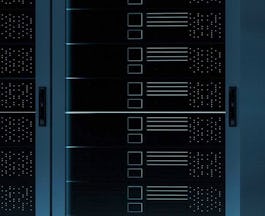
University of Colorado Boulder
Skills you'll gain: Computer Programming, Distributed Computing Architecture, Computational Thinking, Computer Architecture, Computer Programming Tools, Linux

Columbia University
Skills you'll gain: Computer Vision, Mathematics, Algebra, Algorithms, Computational Thinking
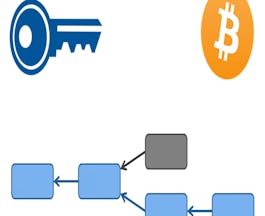 Status: Free
Status: FreePrinceton University
Skills you'll gain: BlockChain, Cryptography

Akamai Technologies, Inc.
Skills you'll gain: Network Architecture, Network Security

Skills you'll gain: Computer Networking, Network Architecture, Network Model, Networking Hardware, Network Analysis, Critical Thinking, Problem Solving, Computer Architecture, Human Computer Interaction, Network Security, Cloud Computing
 Status: Free
Status: FreeEIT Digital
Skills you'll gain: Design and Product, Internet Of Things, Computer Architecture, Software Engineering, Systems Design, Product Design, Computer Programming, Operating Systems, Software Architecture, Critical Thinking

Hebrew University of Jerusalem
Skills you'll gain: Computational Logic, Computer Architecture, Computer Programming, Hardware Design, Theoretical Computer Science, Computer Programming Tools, Critical Thinking, Problem Solving, Systems Design
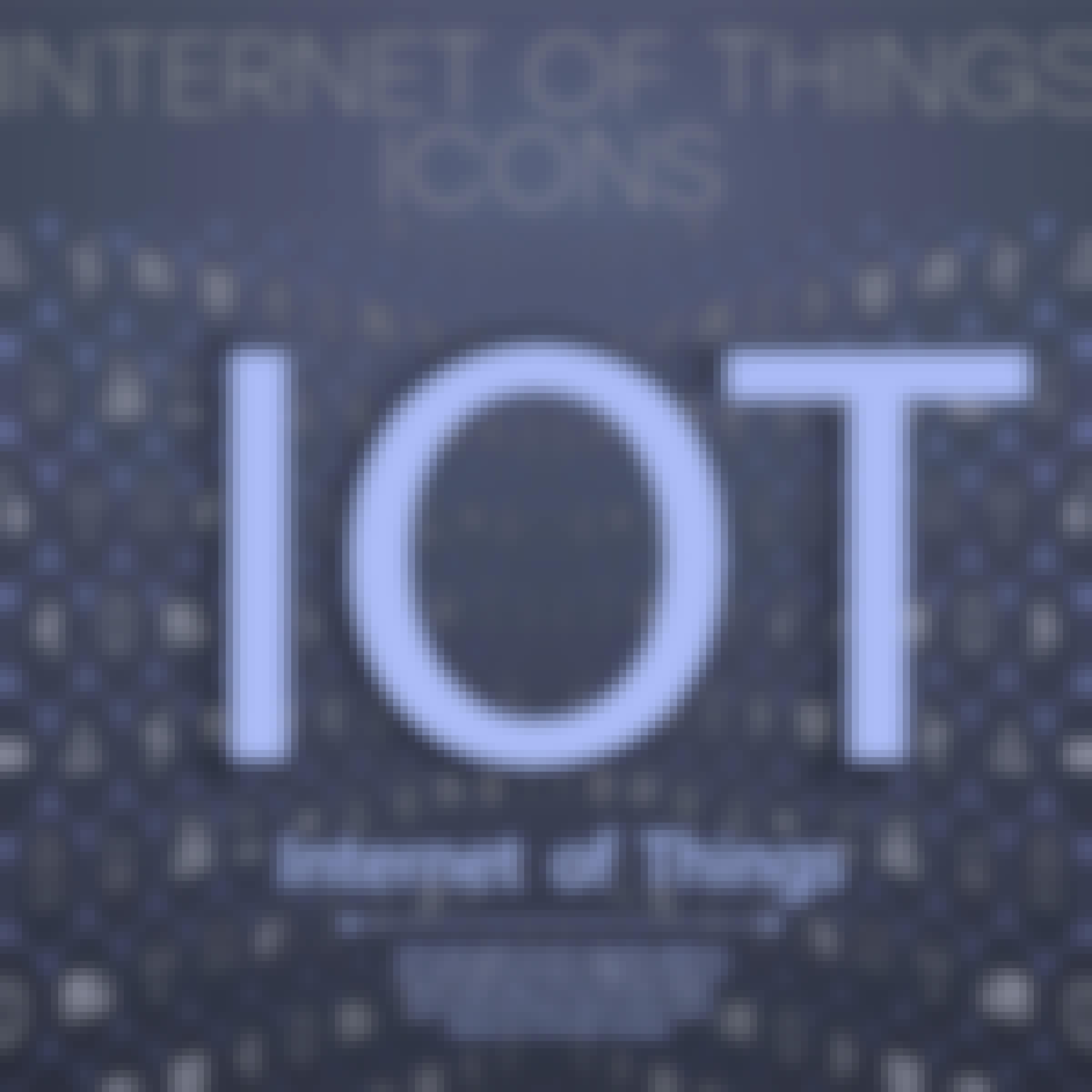 Status: Free
Status: FreePohang University of Science and Technology(POSTECH)
Skills you'll gain: Internet Of Things, Computer Networking, Networking Hardware, Computer Programming, Operating Systems, Computer Programming Tools, System Software, Cloud Computing, Python Programming, Design and Product
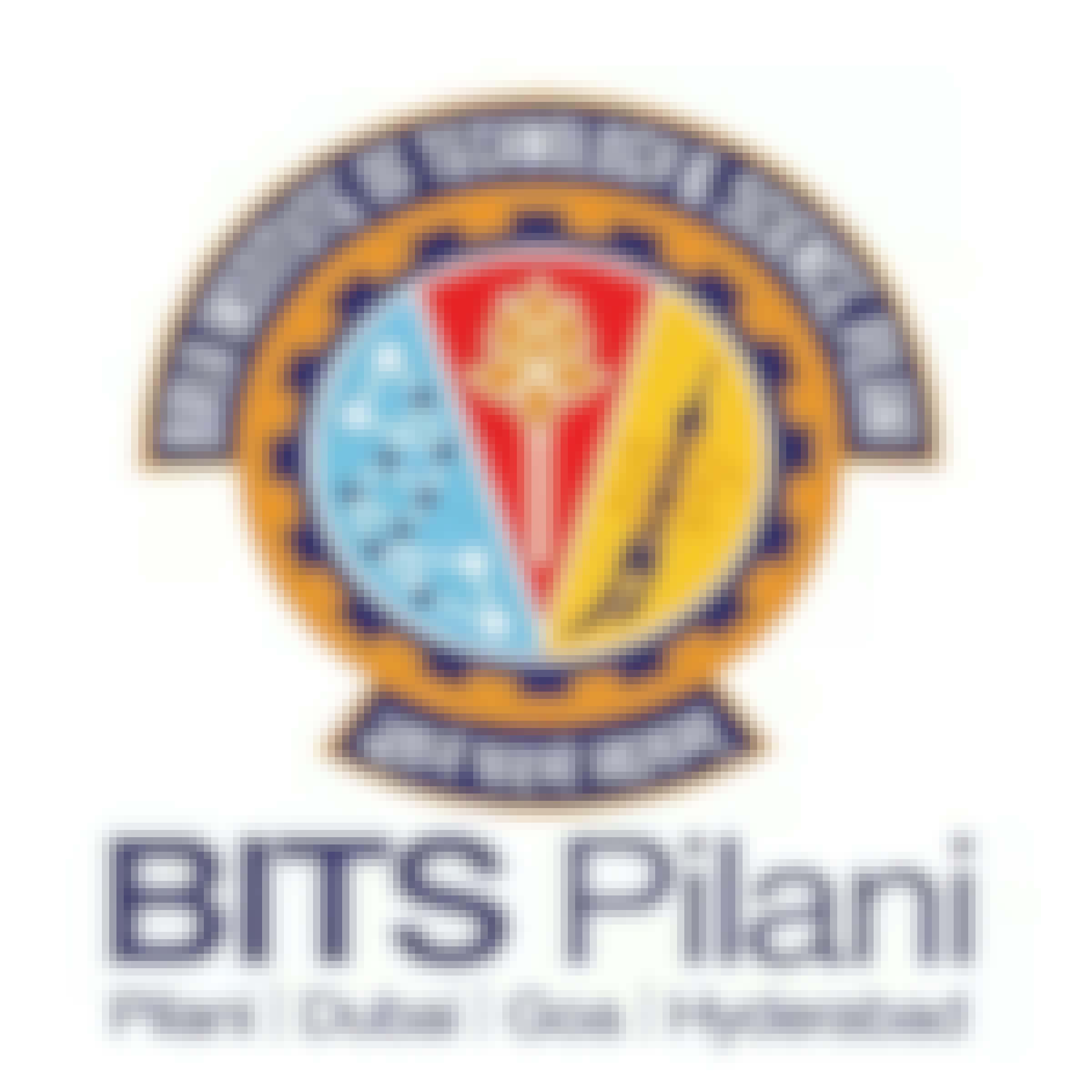 Status: Free
Status: FreeBirla Institute of Technology & Science, Pilani
 Status: Free
Status: FreeUniversidad de los Andes
Skills you'll gain: Natural Language Processing, Deep Learning, Machine Learning
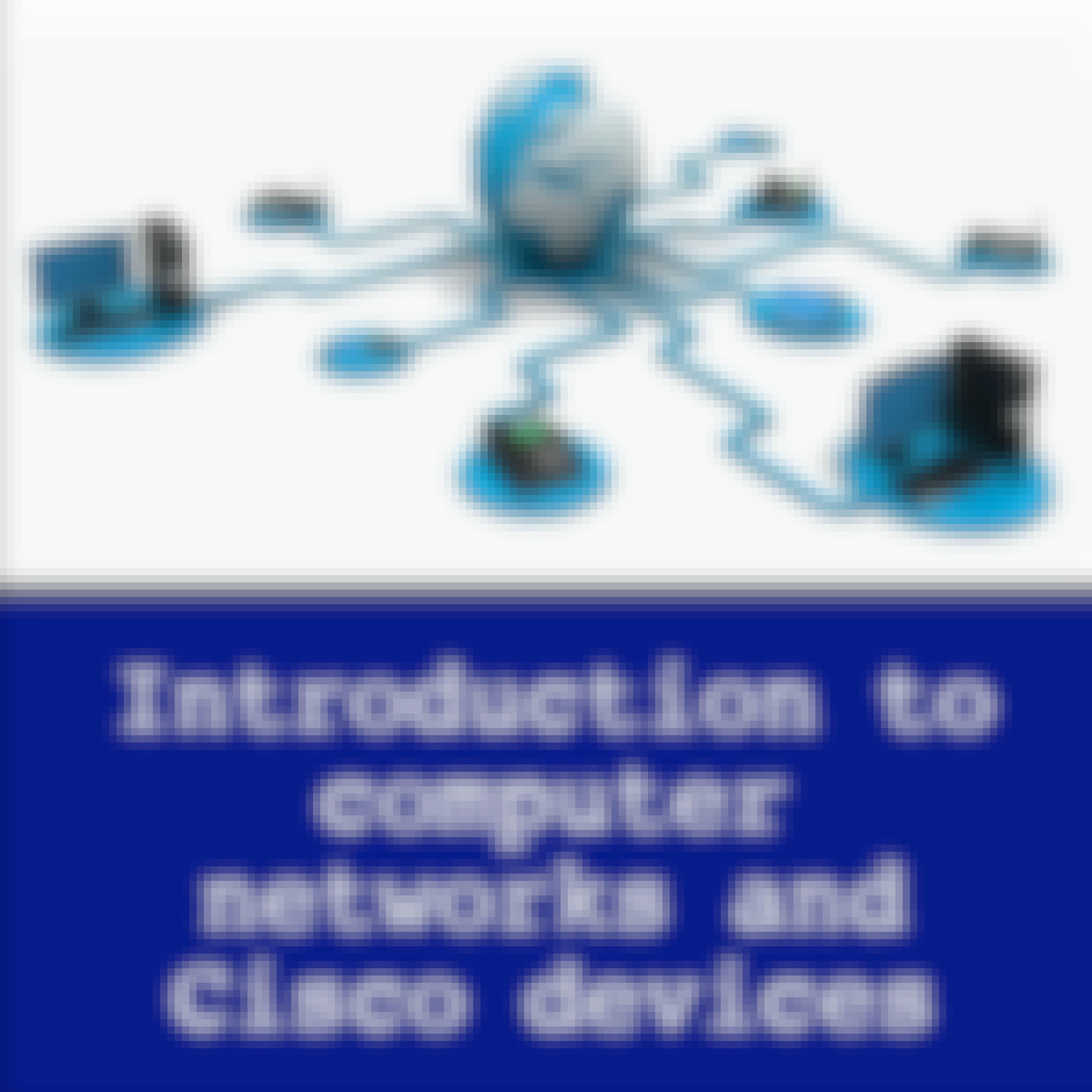
Coursera Project Network
Skills you'll gain: Computer Networking, Networking Hardware, iOS Development, Information Technology
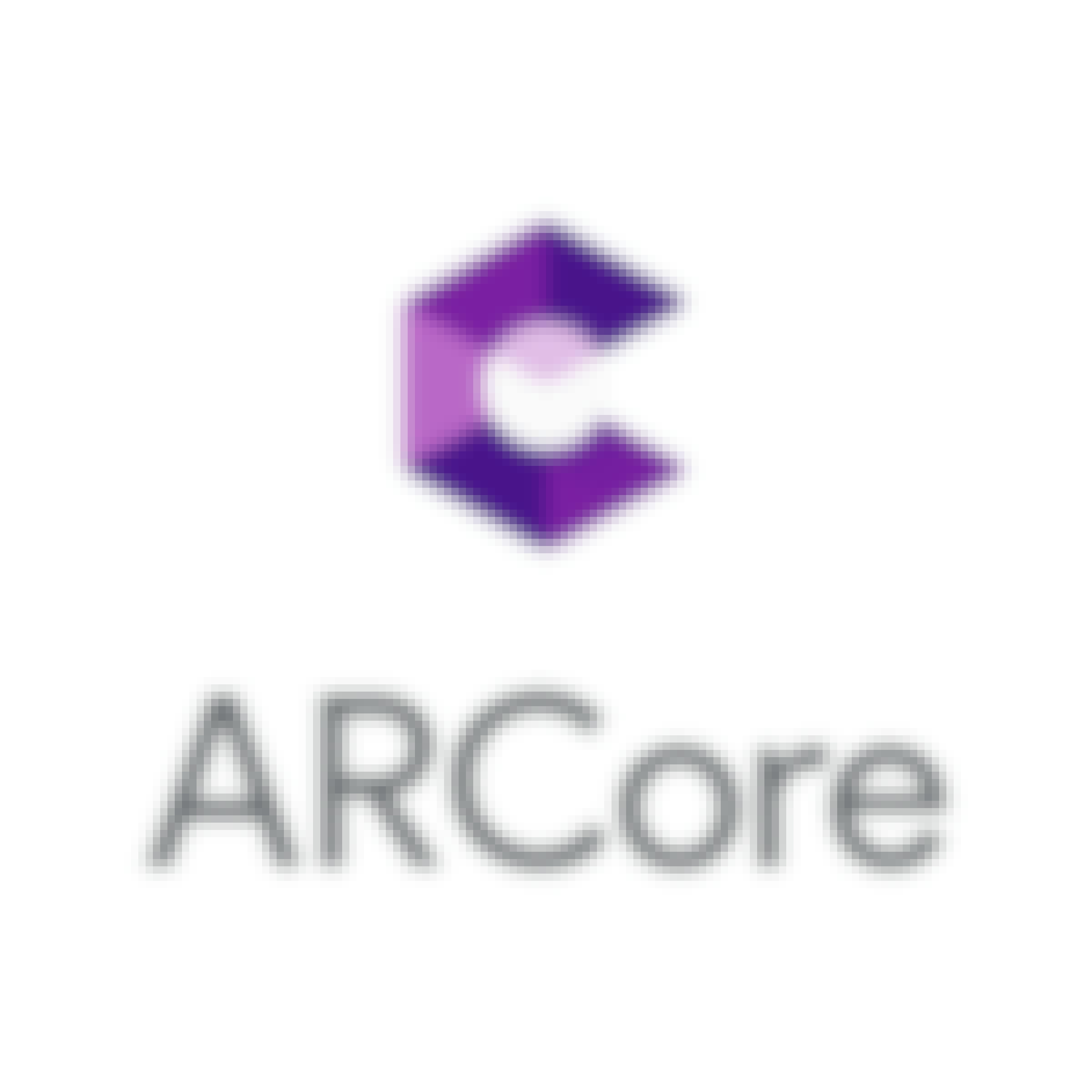 Status: Free
Status: FreeGoogle AR & VR
Skills you'll gain: Computer Graphics, Human Computer Interaction, Mobile Development, User Experience, Virtual Reality, Computer Vision, Design and Product, Interactive Design, Visual Design, Visualization (Computer Graphics)
In summary, here are 10 of our most popular hardware courses
- Introduction to High-Performance and Parallel Computing: University of Colorado Boulder
- Camera and Imaging: Columbia University
- Bitcoin and Cryptocurrency Technologies: Princeton University
- Networking Fundamentals: Akamai Technologies, Inc.
- The Bits and Bytes of Computer Networking: Google
- Introduction to Architecting Smart IoT Devices: EIT Digital
- Build a Modern Computer from First Principles: From Nand to Tetris (Project-Centered Course): Hebrew University of Jerusalem
- Introduction and Programming with IoT Boards: Pohang University of Science and Technology(POSTECH)
- Basic Mathematics: Birla Institute of Technology & Science, Pilani
- Introducción a la inteligencia artificial contemporánea: Universidad de los Andes










